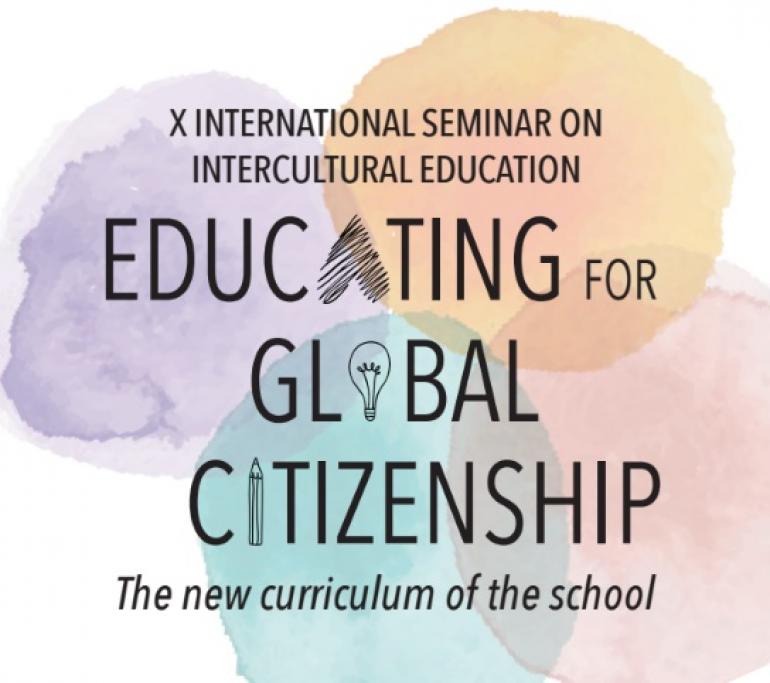
In an increasingly interdependent world, questions arise: what does citizenship really mean? and what does it entail globally? The 10 th International Seminar on Intercultural education
These issues will be explored in-depth in the 10th edition of the International Seminar on Intercultural Education "Educating for global citizenship: the new curriculum of the school", that will be held on Friday September 9th and Saturday September 10th 2016, at Liceo “E. Medi” in Senigallia (Ancona, Italy).
The seminar on how to teach Gloabal Citizenship Education (GCE) is part of the EC-funded project "Global Schools" and is structured in three parts. The first one, on Friday and Saturday morning, is dedicated to lectures : Marcello Flores D’Arcais, Professor of History of Human Rights at the University of Siena, speaks on “Human Rights and Citizenship in a Multicultural Society” ; the anthropologist Alberto Salza discusses “ How to become citizens when everything is lacking” , the UN expert Jean Fabre presents “ Global citizenship: new mind sets”, and lastly Italo Fiorin Professor of Educational Sciences at LUMSA University in Rome discusses “When the territory belongs to everyone: the service learning ”. On Saturday morning, Ramon Lopez Facal from the University of Santiago brings his reflection on “Citizenship education today” , the high school teacher Catia Brunelli, Trainer of trainers for Comunità Volontari per il Mondo (CVM), discusses the “Geohistory of migrations”, and lastly the INSMLI Professor Antonio Brusa speaks on “History and Global citizenship”.
The second part is dedicated to e ducational w orkshops taking place on Friday and Saturday afternoon. Seventeen parallel workshops promote the active participation of teachers and their front line involved. The sessions are led by experts in education, didactics, and GCE presenting activities to be undertaken in the classrooms in connection to the issues of global citizenship with an emphasis on topics such as migration, sustainability, climate change, gender equality. Workshops will be in Italian and English to allow the exchange and interaction among several European schools and teachers.
The growing interest in global citizenship puts the focus on the global dimension of citizenship education and the implications for policy, educational programmes, teaching and learning starting from kindergarten up to the highest levels of university studies. Moving from this consideration, a third part on Friday afternoon is the session titled "Global Learning - University & Research Academies: what links are possible?" . The session is dedicated to an open debate on how and with what methods the most advanced Universities and Research Institutes can promote educational reforms. Starting from the epistemological revision of disciplines and moving towards a change in the school structure, the session tackles the issue of how to facilitate the development of a new generation of citizens, as well as teachers, whom aim to enter the world of education.
Nowadays, it is urgent to equip the new generations with an educational and cultural background capable of consolidating a sense of belonging to a single, large human community characterized by the interconnection between the local, national and global level.
UNESCO provides guidance to States to ensure that students of all ages and from all backgrounds become global citizens with a consciousness of the world around them. This facilitates them to think critically, be socially connected, ethically open minded and actively engaged to solve the complex global challenges of the Third Millennium. The same is affirmed in the Agenda 2030 as an urgency to be addressed.
Global Citizenship Education thus requires a rethinking of traditional teaching methods that, despite the richness of knowledge and expertise, fails to orient students to the new categories of our complex contemporary society.
For more information on the International seminar see here (in Italian)
Giovanna Cipollari – in charge for Global education programmes at CVM
